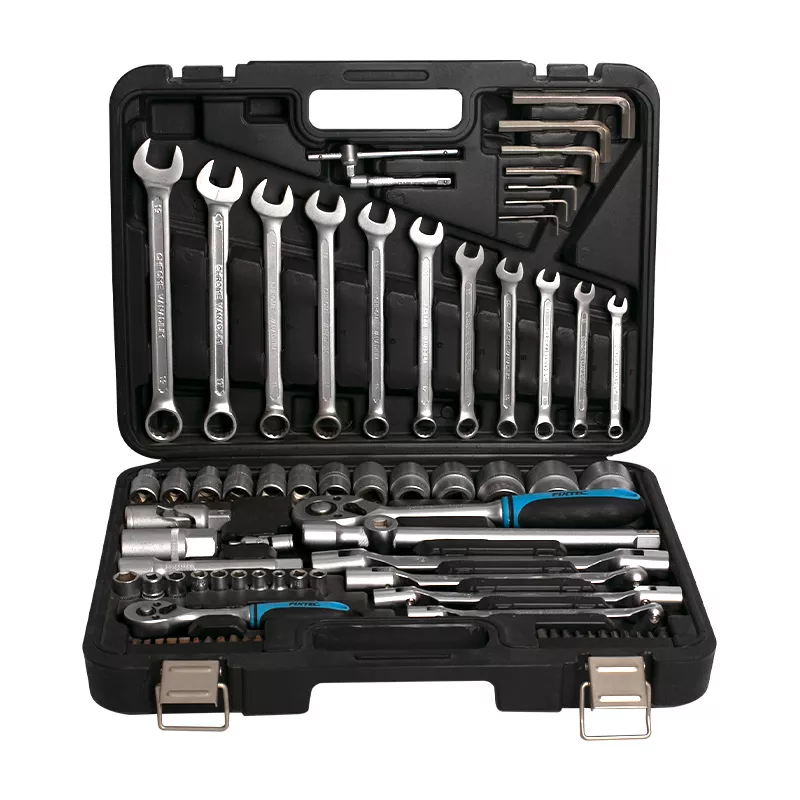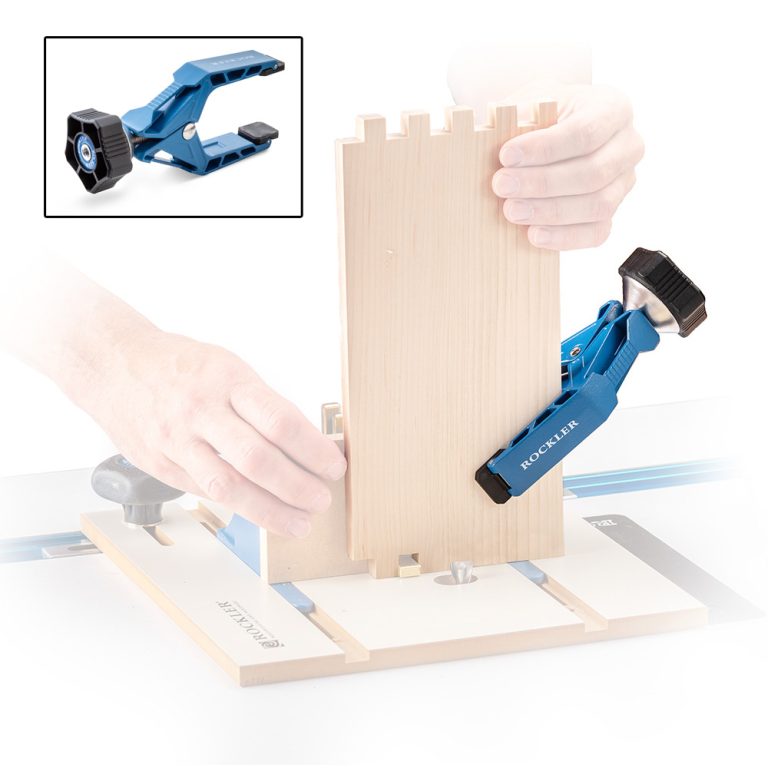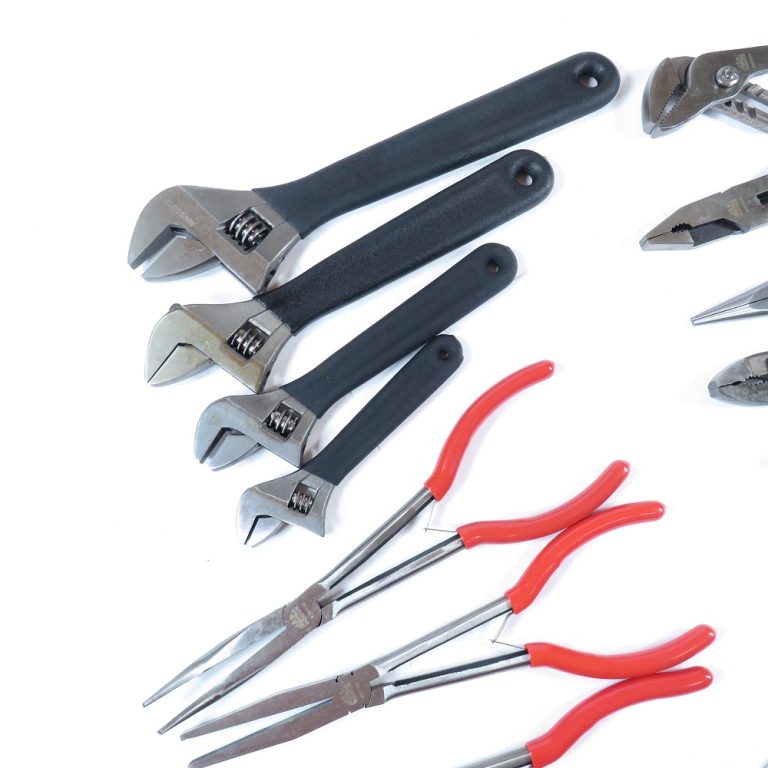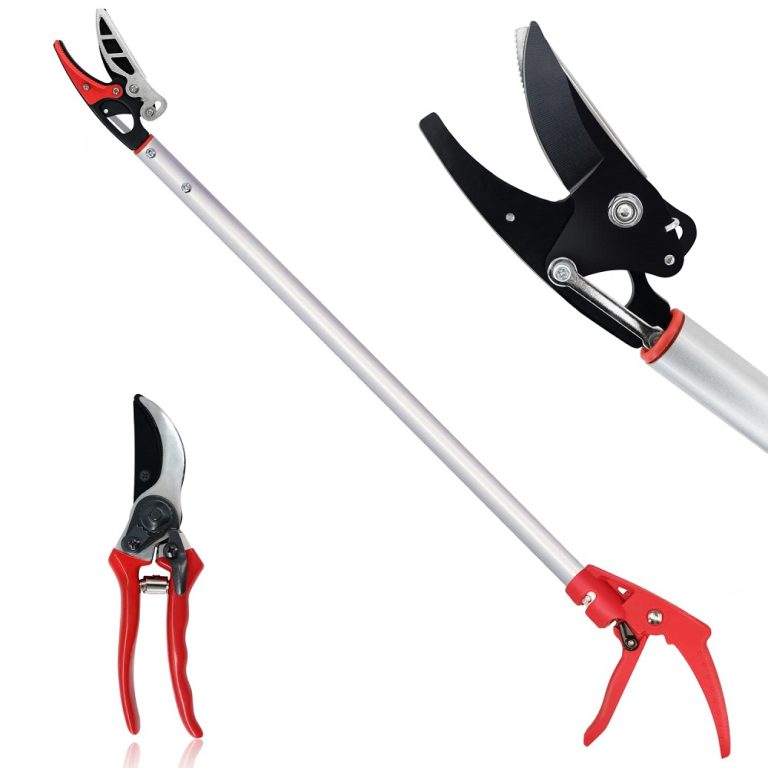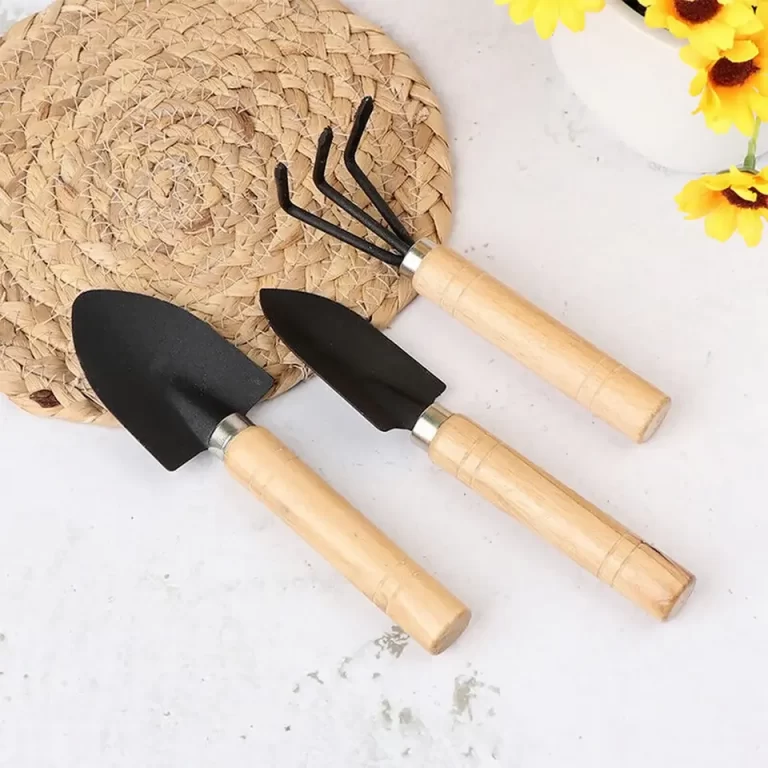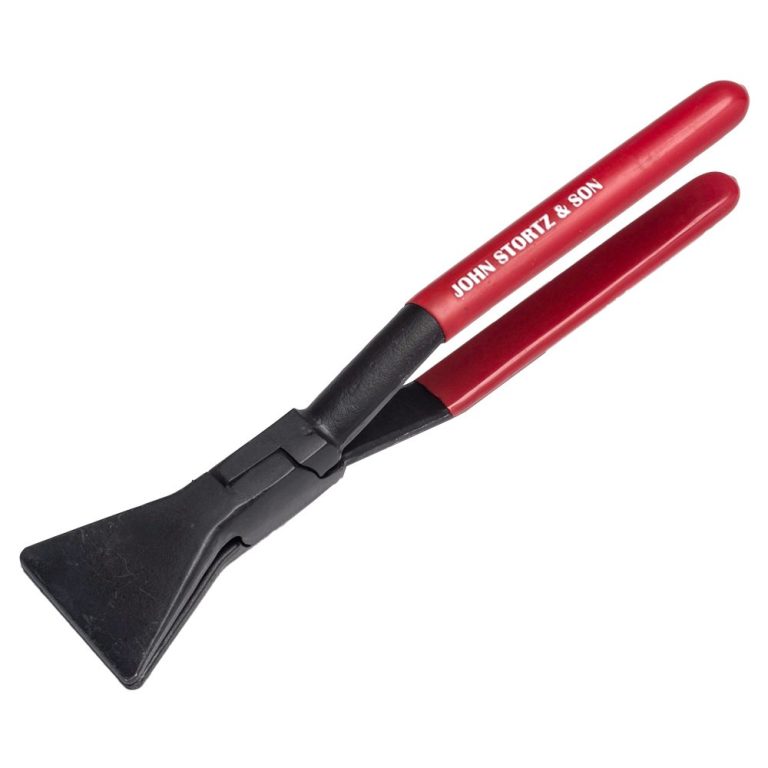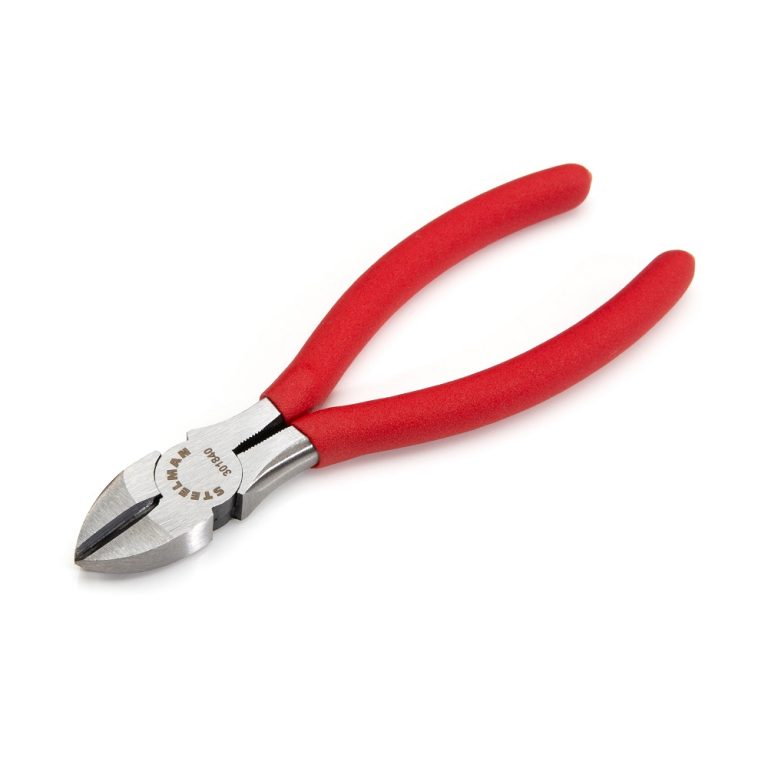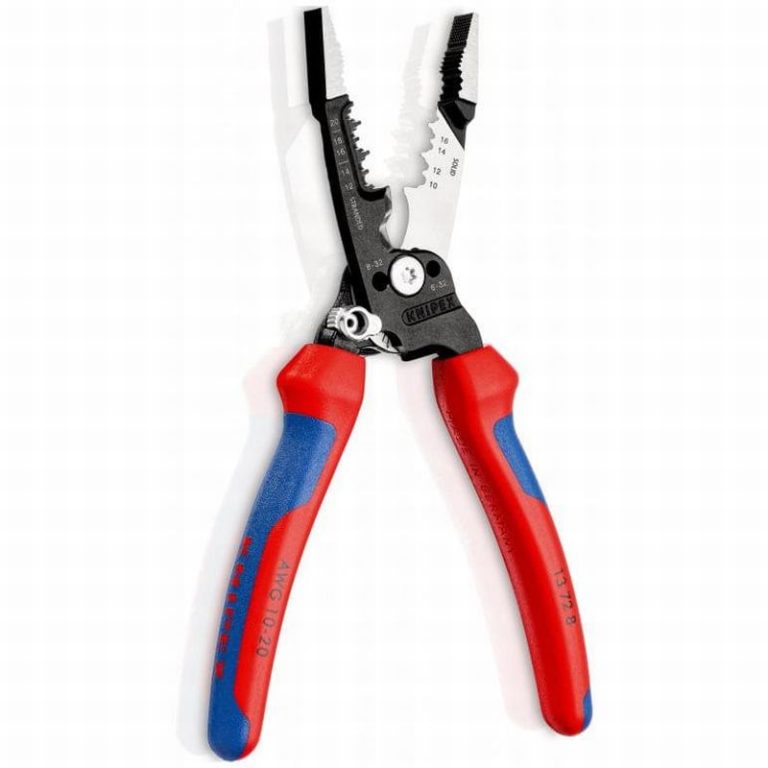Introduction: The Importance of DIY Auto Maintenance
The Cost Benefits
One of the primary advantages of DIY maintenance is cost savings. Professional auto repair shops often charge high labor fees, and parts can also be expensive. By performing maintenance at home, car owners can avoid these costs and only need to invest in car tools and parts. This financial benefit contributes to the appeal of DIY auto maintenance.
Purpose of the Article
This article aims to provide a comprehensive guide to essential car tools for DIY auto maintenance. We will explore the necessary car tools, their uses, and tips for effective maintenance. By the end of this guide, readers will feel equipped to tackle common maintenance tasks with confidence.
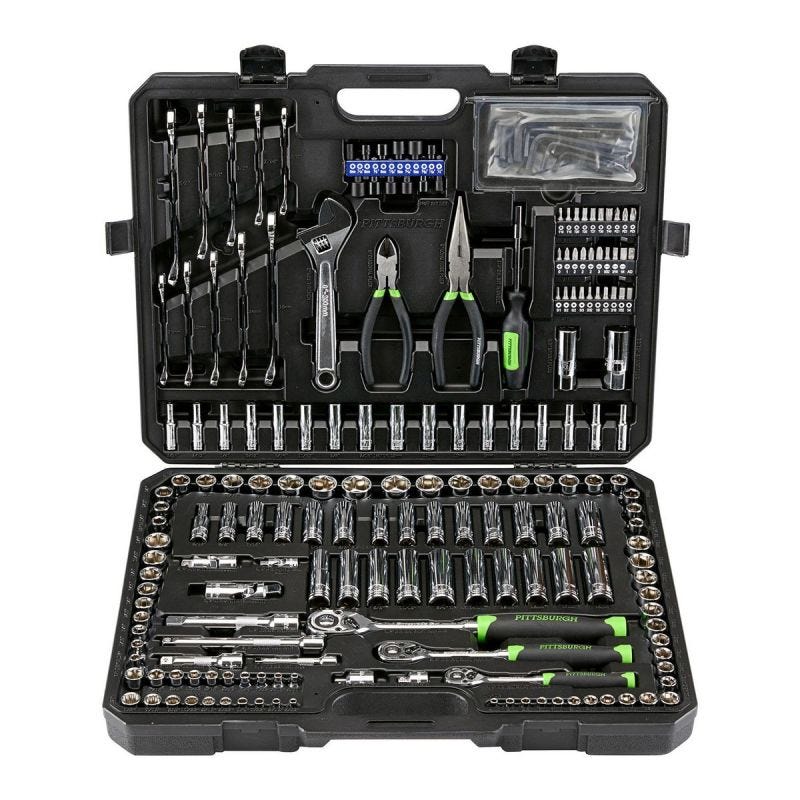
1. Essential Tools for Every Garage
Socket Set
A good socket set is fundamental for auto maintenance. Sockets come in various sizes and fit over nuts and bolts, allowing for easy removal and installation. A versatile set typically includes both metric and SAE sizes, accommodating many vehicles. Investing in a high-quality socket set can enhance efficiency during repairs.
Wrenches
Wrenches are crucial for tightening and loosening bolts and nuts. There are different types of wrenches, including open-end, box-end, and adjustable wrenches. A well-stocked toolbox should include various wrenches in different sizes to handle various tasks. Understanding the appropriate wrench type for specific tasks is essential for successful maintenance.
Screwdrivers
Screwdrivers, both flathead and Phillips, are vital for working on auto components. These car tools allow you to remove and secure screws in various parts of the car. Having a set of screwdrivers in different sizes ensures you can tackle any screw-related task that comes your way. Investing in magnetic screwdrivers can help keep your screws organized and easily accessible.
2. Safety Equipment
Work Gloves
Protecting your hands is crucial when working on your vehicle. A good pair of work gloves helps prevent injuries and keeps your hands clean. Choose gloves made from durable materials that provide a good grip. Wearing gloves can also protect against chemicals you may encounter during maintenance, such as engine oil or cleaning agents.
Safety Glasses
Safety glasses are essential for protecting your eyes while working on cars. Whether you’re dealing with potential flying debris or harmful chemicals, wearing protective eyewear is a must. Many car-related tasks can produce splashes or particles that could harm your vision. Investing in quality safety glasses should be a priority for anyone engaged in DIY auto maintenance.
First Aid Kit
Having a first aid kit nearby can be a lifesaver during DIY projects. Injuries can happen unexpectedly, and being prepared can make a difference. Fill your first aid kit with basic supplies like band-aids, antiseptic wipes, and gauze. Regularly check the kit to ensure supplies are stocked and updated.
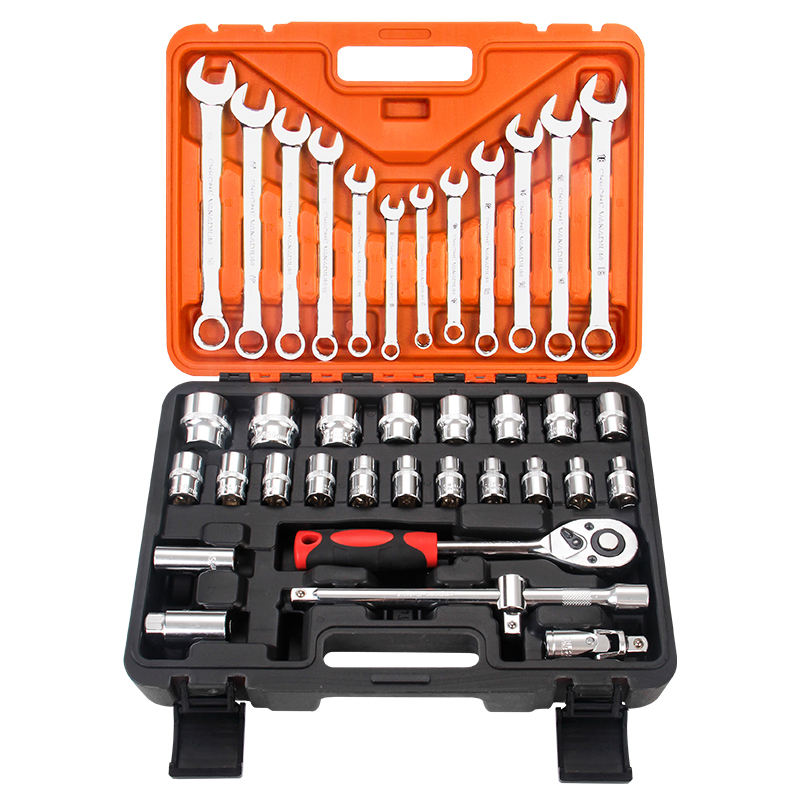
3. Specialized Automotive Tools
Oil Filter Wrench
Changing your oil is one of the most common maintenance tasks. An oil filter wrench can help easily remove the oil filter, which can be difficult to unscrew by hand. This tool is available in various types, including strap wrenches and socket-style wrenches. Owning an oil filter wrench simplifies the oil change process and helps ensure the job is done correctly.
Torque Wrench
A torque wrench is crucial for applying the correct amount of force to bolts and nuts. This tool is especially important when working on critical components like wheel lug nuts and engine parts. Using a torque wrench helps avoid over-tightening that can lead to damage, ensuring that all parts are secured according to the manufacturer’s specifications.
Jack and Jack Stands
A hydraulic jack is essential for lifting your vehicle safely off the ground for maintenance tasks such as tire changes. Pairing the jack with jack stands is a must for safety when working underneath your vehicle. The jack stands provide extra support, ensuring that the car remains securely elevated while you work. Proper use of jacks and stands is fundamental for safe car maintenance.
4. Routine Maintenance Tasks
Oil Changes
Regular oil changes are essential for keeping your engine running smoothly. Depending on your vehicle’s make and model, it may require an oil change every 3,000 to 7,500 miles. Performing oil changes at home can save you money and give you a chance to inspect other components like the oil filter.
Tire Maintenance
Maintaining your tires is critical for safety and vehicle performance. Regularly checking tire pressure, tread depth, and alignment can prevent issues down the line. Rotating your tires every few thousand miles ensures even wear and prolongs their lifespan.
Brake Inspections
Routine brake inspections help ensure your vehicle’s safety. Inspecting brake pads, rotors, and fluid levels at regular intervals can prevent brake failure and enhance overall performance. Addressing brake issues promptly is essential for safe driving and avoiding costly repairs in the future.
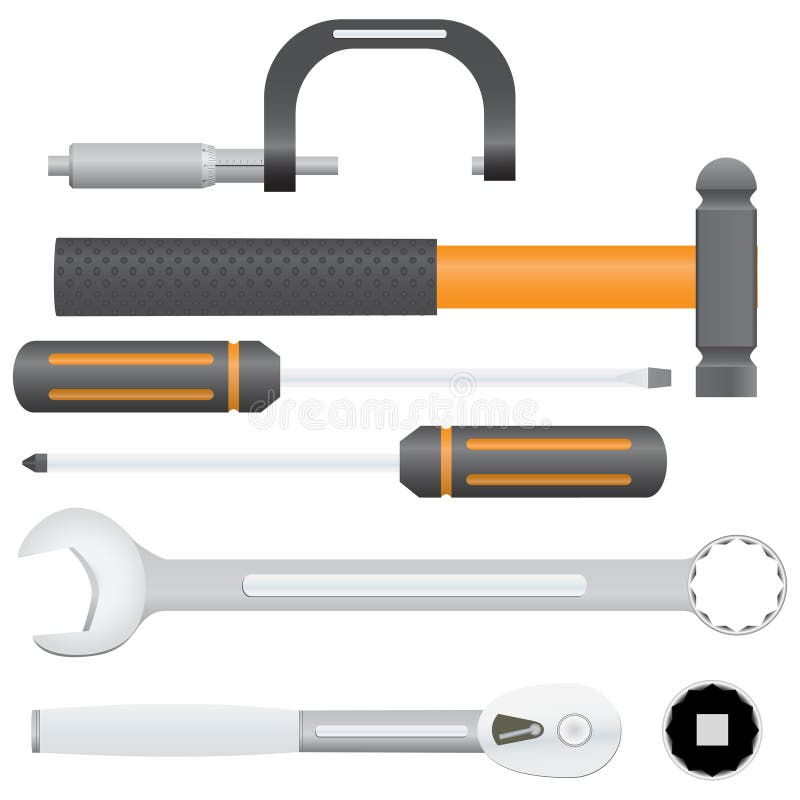
5. Understanding the Owner’s Manual
Importance of the Owner’s Manual
The owner’s manual offers valuable information specific to your car model. It outlines recommended maintenance schedules, specifications for fluids, and torque settings for bolts. Familiarizing yourself with these details is crucial for effective DIY maintenance.
Maintenance Recommendations
The manual will outline various maintenance tasks, including oil changes, tire rotations, and inspections. Following these guidelines ensures that your vehicle remains in optimal condition. Respecting the manufacturer’s recommendations helps protect your investment.
Troubleshooting Common Issues
The owner’s manual also provides troubleshooting tips for minor issues. If you experience problems, refer to the manual to identify potential causes. Understanding your vehicle’s common issues can make DIY maintenance easier and more effective.
6. Where to Buy Car Tools
Local Auto Parts Stores
Visiting local auto parts stores is an excellent place to start your search for necessary car tools. These stores often have a wide selection of automotive tools and supplies. Friendly staff can help you find what you need and may offer advice on proper use.
Online Retailers
Online shopping offers convenience and often access to a broader selection of car tools. Websites specializing in automotive supplies allow you to compare prices and read customer reviews. Be sure to check return policies and warranties when ordering tools online.
Specialty Tool Suppliers
For specialized or high-quality tools, consider visiting specialty tool suppliers. These retailers focus on providing durable and reliable tools suited for automotive work. Investing in quality car tools from reputable sources can save money in the long run, as they typically last longer and perform better.
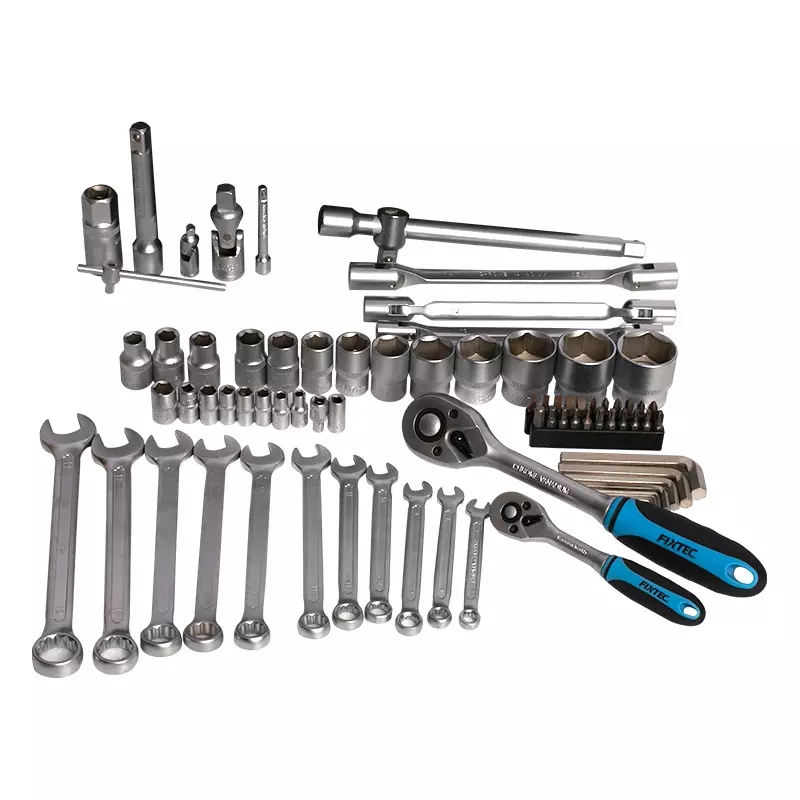
7. Building Your Automotive Toolkit
Essential Items for Beginners
If you are new to DIY maintenance, start with a basic toolkit. Essential items include wrenches, sockets, screwdrivers, pliers, and a jack. Building a basic toolkit gradually allows you to expand your collection as you gain experience.
Adding Specialty Tools
As you grow more comfortable with car maintenance, consider adding specialty tools based on your needs. This could include torque wrenches, oil filter wrenches, and diagnostic tools. Investing in specific tools makes it easier to perform advanced repairs confidently.
Keeping Tools Organized
Staying organized is essential for an efficient workspace. Consider using toolboxes, pegboards, or organizers to keep your tools in order. This organization makes it easier to find what you need when working on a project, improving overall efficiency.
8. Safety Practices in DIY Maintenance
Using Protective Gear
Safety should always be a priority during any maintenance task. Wherever possible, wear appropriate protective gear. This includes gloves to protect your hands, safety goggles to shield your eyes, and steel-toed boots to protect your feet.
Working in a Well-Ventilated Area
Ensure you work in a well-ventilated space when dealing with fuels, oils, or chemicals. Proper ventilation helps prevent the buildup of harmful fumes. If you’re working indoors, consider using fans or opening windows to promote airflow.
Following Safety Procedures
Familiarize yourself with safety procedures when working on your vehicle. Always work on a flat surface, and use jack stands when lifting the car. Following these precautions can significantly reduce the risk of injury during maintenance tasks.
9. Troubleshooting Common Car Issues
Identifying Warning Signs
When performing DIY maintenance, it’s essential to be vigilant about warning signs from your vehicle. Unusual noises, dashboard alerts, and changes in driving behavior may indicate a problem. Spotting these issues early can prevent further damage and costly repairs.
Researching Solutions
Once you identify a potential problem, researching solutions or consulting the owner’s manual is beneficial. Many online resources provide guidance on fixing common automotive issues. Engaging with automotive forums can also provide valuable advice from experienced mechanics.
Knowing When to Seek Help
While many maintenance tasks can be handled at home, it’s essential to recognize when to seek professional assistance. If a problem seems beyond your skills or tools, don’t hesitate to consult a mechanic. Knowing your limits helps ensure your vehicle remains in good working order.
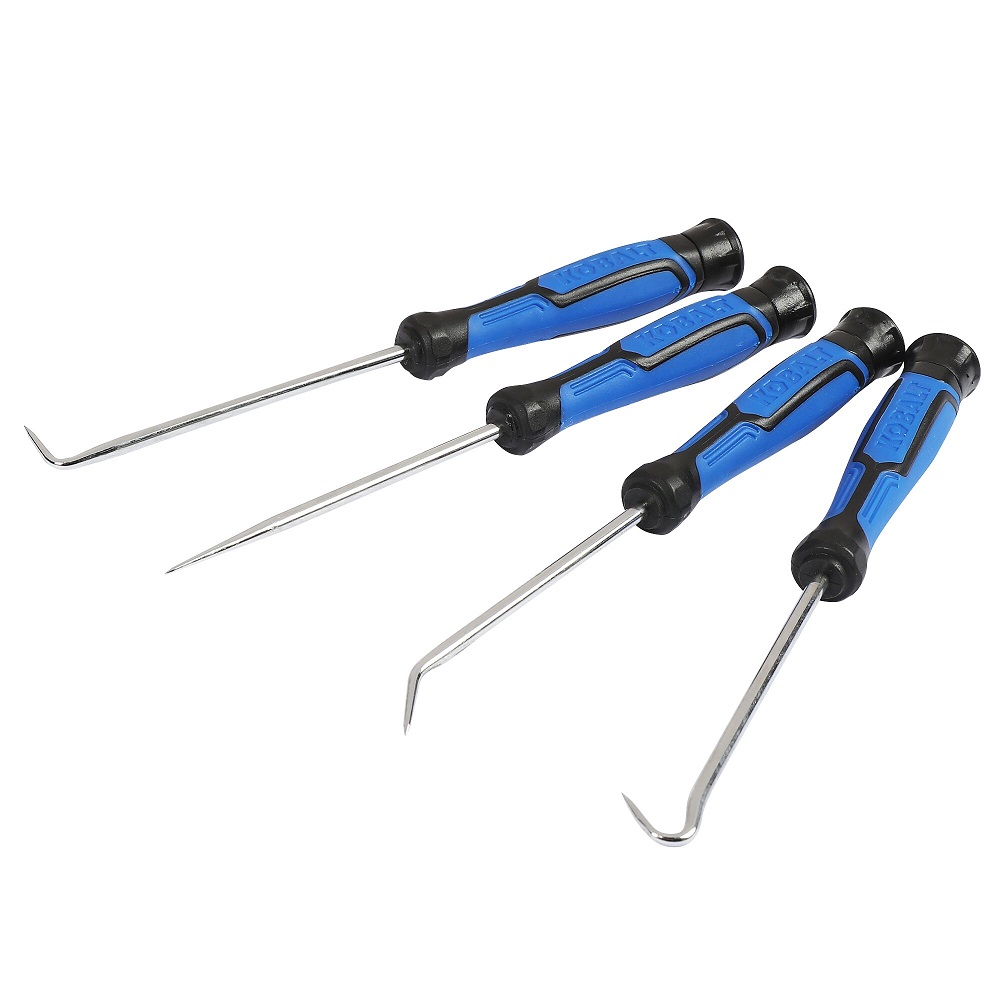
10. Importance of Staying Informed
Keeping Up with Trends
Staying informed about trends in the automotive industry can enhance your DIY maintenance experience. New tools, products, and techniques are continually introduced. Keeping up with these developments allows you to use the latest advancements in your repair practices.
Engaging in Workshops
Participating in workshops or classes can significantly improve your skills and knowledge. Many local automotive shops offer workshops focused on different aspects of car care. Engaging with others in a learning environment can be enriching and motivating.
Utilizing Online Resources
A wealth of online resources is available for automotive enthusiasts. From how-to videos to detailed guides, these tools can assist you in learning new skills. Engaging with reputable online communities can help you troubleshoot and enhance your DIY journey.
11. Building Confidence in Your Skills
Gaining Experience
Regularly performing maintenance tasks builds confidence. As you tackle different projects, you will gain valuable experience, making future tasks easier. Watching your skills grow fosters a sense of accomplishment and encourages continued learning.
Celebrating Small Victories
Each successful repair or maintenance task should be celebrated. Recognizing your achievements reinforces your ability to perform these tasks. This positive reinforcement can enhance your motivation and enthusiasm for DIY automotive maintenance.
Sharing Knowledge
Sharing your knowledge with friends and family can also boost your confidence. Teaching others what you’ve learned reinforces your skills and helps build a supportive community. Encouraging others to embrace DIY projects creates a shared experience that enriches everyone involved.
1. What essential tools do I need for basic car maintenance?
Answer: For basic car maintenance, you will need the following essential tools:
- Socket Set: A complete socket set with various sizes will help you tackle most nuts and bolts.
- Wrenches: Adjustable wrenches and combination wrenches are important for loosening and tightening fasteners.
- Screwdrivers: A set of both flathead and Phillips screwdrivers in various sizes is crucial for removing and securing screws.
- Pliers: Needle-nose and slip-joint pliers are useful for gripping and manipulating components.
- Jack and Jack Stands: For tire changes and under-car maintenance, a reliable car jack and jack stands are essential for safety.
2. How do I choose the right tools for my car model?
Answer: To choose the right tools for your car model:
- Refer to the Owner’s Manual: The owner’s manual often contains specific information about fasteners and maintenance procedures, which can guide your tool selection.
- Research Online: Look for forums or websites dedicated to your car make and model; these can provide insights into commonly used tools by other owners.
- Consider Tool Quality: Invest in high-quality tools that suit your car’s requirements. Professional-grade tools may be necessary for more complex repairs.
3. Can I perform car maintenance without professional tools?
Answer: Yes, you can perform many maintenance tasks without professional-grade tools. Basic hand tools, such as wrenches, screwdrivers, and pliers, are sufficient for many DIY repairs and maintenance tasks. However, for specific functions like diagnostics or advanced repairs, you may need specialized tools like scan tools or compression testers, which can often be borrowed or rented.
4. How do I maintain my car tools to ensure their longevity?
Answer: To maintain your car tools:
- Clean After Use: Wipe down tools after each use to remove dirt and grime, which can lead to rust and corrosion.
- Store Properly: Keep tools in a clean, dry place. Using a toolbox or pegboard can help organize them and prevent damage.
- Inspect Regularly: Check tools for any signs of wear, damage, or rust, and repair or replace them as needed.
- Lubricate Moving Parts: For tools with moving parts, apply lubricant as necessary to ensure smooth operation.
5. Are there specific tools for diagnosing car problems?
Answer: Yes, there are several specific tools that can help diagnose car problems:
- OBD-II Scanner: A diagnostic tool that connects to your vehicle’s onboard computer to retrieve trouble codes and provide information about engine performance.
- Multimeter: Useful for checking electrical systems, diagnosing battery issues, and troubleshooting wiring problems.
- Compression Tester: Used to check the engine’s compression levels, which can help diagnose issues with the engine’s health.
- Fuel Pressure Gauge: Measures the fuel pressure in the fuel lines to ensure proper engine operation.
Embrace the Journey of DIY Auto Maintenance
Summary of Key Takeaways
Car tools are essential for effective DIY auto maintenance. Understanding which tools to use, how to care for them, and the importance of safety practices will enhance your experience. Investing in quality tools and knowledge allows you to perform repairs with confidence.
The Benefits of DIY Maintenance
Engaging in DIY auto maintenance not only saves money but also increases your automotive skills. By taking the time to learn and practice, you can become more self-sufficient and knowledgeable about your vehicle. The satisfaction of completing your repairs is unmatched.
Enjoy the Process
As you explore the world of DIY auto maintenance, embrace the journey and celebrate milestones while incorporating DIY auto maintenance tips and steps. Continuously learn new skills and share your experiences with others. Enjoy the process of mastering car maintenance, transforming your garage into a space filled with possibility and personal achievement.
